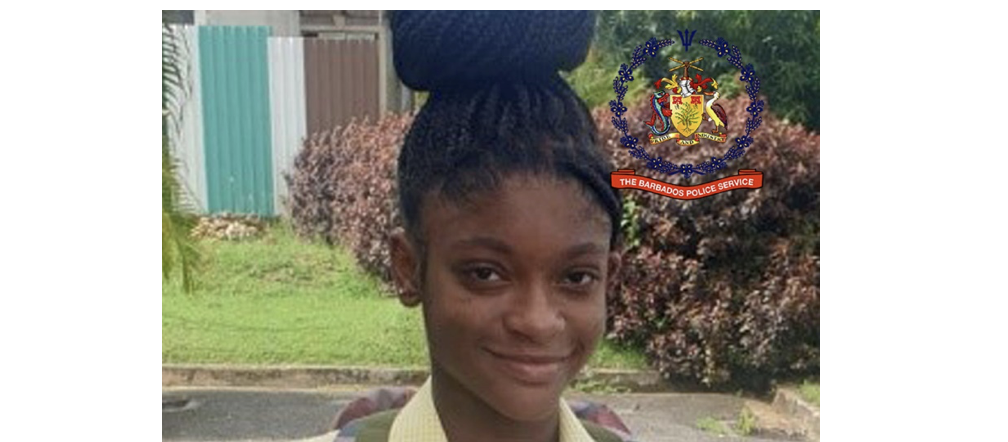Opposition Leader Ralph Thorne on Friday dismissed the latest Central Bank report on the Barbadian economy as a “statistical disguise” that hides the true reality of hardship endured by thousands of Barbadians.
In a written response to Central Bank Governor Dr Kevin Greenidge’s report on the first nine months of the year, Thorne said it did not accurately portray the current state of affairs, noting that the relatively positive economic conditions presented conflicted with the hardship many are facing.
Thorne said: “If the purpose of the Central Bank report is to communicate to all Barbadians as to the state of the economy in which they exist, it has failed to connect itself to their lived reality of hardship. To the majority of Barbadians who now endure lives of daily struggle, it is appalling that they would hear that they exist within ‘favourable economic conditions’.”
Dr Greenidge reported on Wednesday that for the first nine months of the year, the economy grew 3.9 per cent, driven by tourism. He highlighted a 12.9 per cent increase in long-stay visitor arrivals and that increased summer cruise ship arrivals.
But Thorne queried: “How do you say to significant numbers of laid-off workers in tourism that the industry has done well? As a tourism project, there is no solid proof that the ICC Men’s T20 World Cup cricket tournament succeeded.”
The Central Bank also reported that arrivals from the US market surged by 32.5 per cent, exceeding pre-pandemic levels (2017–2019 average) by 10.4 per cent, though there was a slight decline in flights from the UK and Europe during the third quarter.
Thorne said the decline in British and European arrivals was deeply concerning, and he questioned if the positive statistics from the American source market were interpreted correctly.
“Any decrease from our strongest UK source market becomes very disturbing, particularly if arrivals from the UK to our Caribbean neighbours are simultaneously increasing,” he said.
“On the question of increased tourist arrivals from the US, we are entitled to ask whether those figures included persons who landed here merely to connect with their departing ships at the Bridgetown seaport. We are also entitled to ask whether the figures on arrivals from the US included a growing number of Barbadians who are shopping in the US to escape the high cost of living here, or to augment shrinking incomes by purchasing commodities in the US for profitable resale in Barbados.”
Thorne also raised scepticism about the central bank’s report that fish landings expanded by 23.9 per cent, despite disruptions caused by Hurricane Beryl which wiped out much of the island’s fishing fleet.
“Our fisherfolk, who presently live in peril of unemployment in the aftermath of Hurricane Beryl, cannot be amused by a report that speaks positively about the industry,” he said.
“We must ask whether the report refers to increased imports of fish, as opposed to catches by fishermen. The reality is that the former situation does not involve the more than 200 fishermen who remain unemployed.
“What is worse is that several of those unemployed fishermen have not yet received the promise of payments of $1 500 monthly over a three-month period. In the shadow of a happy Central Bank report, many fisherfolk are facing a gloomy Christmas without an income. The government ought to be treating the promised payments, not only as financial relief to the fisherfolk but also as a boost to economic activity. Neither is happening.”
Regarding the employment landscape, Thorne said there had been an increase in roadside vendors and asked if this development was factored into the report.
He said: “We legitimately question how the Central Bank report on employment treats this phenomenon of itinerant vending. We consider it to be a sign of swelling numbers of the unemployed and the under-employed. Yet, the report flatters itself about low unemployment figures.”
The jobless rate fell to 7.7 per cent by the end of the second quarter, down from 8.5 per cent for the same period last year, according to the central bank governor. The labour force expanded by 2 100 individuals, reflecting a higher participation rate of 63.5 per cent.
On foreign exchange and debt consolidation, the island recorded its highest-ever foreign reserves of $3.2 billion for September. Greenidge added that there was a steady decline in the debt-to-GDP ratio, which now stands at 105.6 per cent.
Thorne said it is “no comfort to Barbadians to hear that the country is sitting on a powder keg of borrowed foreign exchange, whose repayment obligations will inevitably explode against any good future prospects”.
On agricultural output, the opposition leader suggested the central bank had vindicated the Democratic Labour Party’s assertion that the government was failing to implement measures to improve the island’s food security.
Greenidge reported that agriculture faced significant challenges in the first nine months of the year, with overall production shrinking by 3.6 per cent. Unfavourable weather conditions severely affected food crop production, which fell by 16.3 per cent; and milk production fell by 24.8 per cent, the lowest recorded level in recent years due to smaller herd sizes and heat stress.
Thorne said: “When the production of a staple such as sweet potato declines, we know that our food security is at the doorstep of crisis. We have constantly warned about the government’s de-emphasis on agriculture in favour of committing to housing projects on prime agricultural lands. Barbadians are yet to be given any credible explanation for the export of our black belly sheep to Guyana, with adverse consequences for the market of local meat production.”
sheriabrathwaite@barbadostoday.bb
The post Central Bank’s rosy growth report masks ‘daily struggle’, Opposition Leader claims appeared first on Barbados Today.


